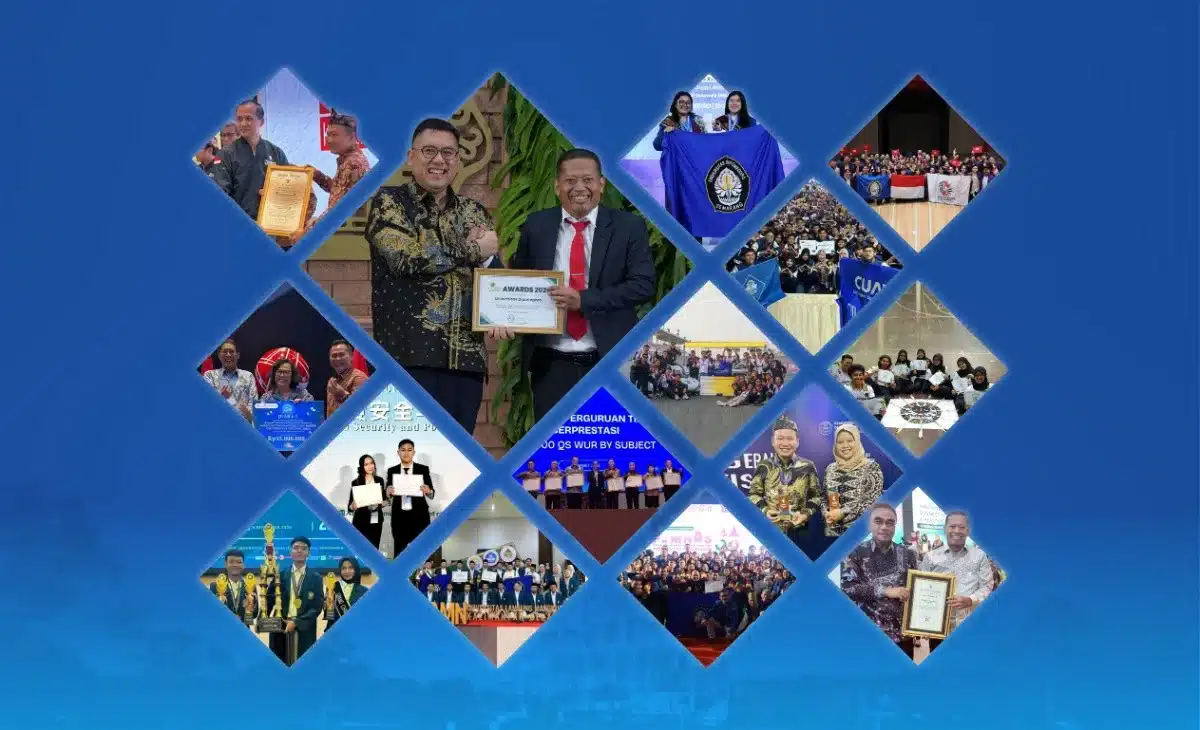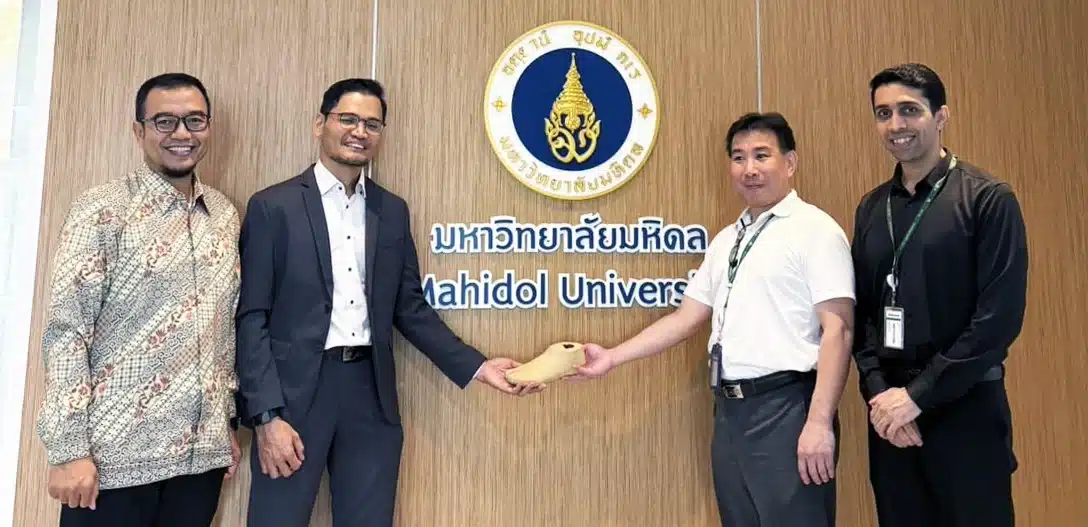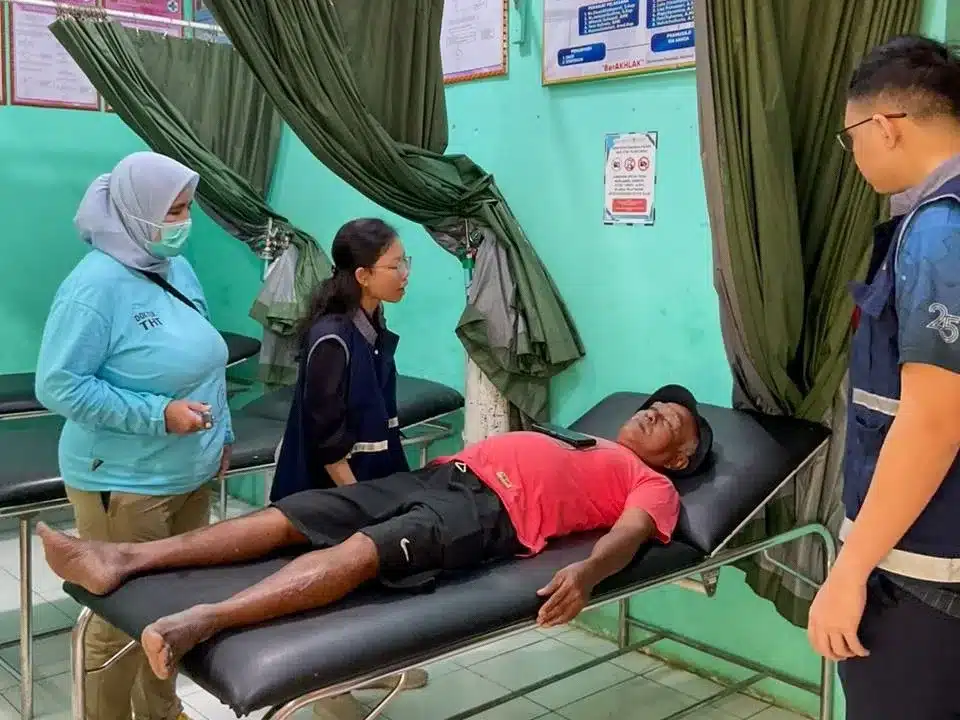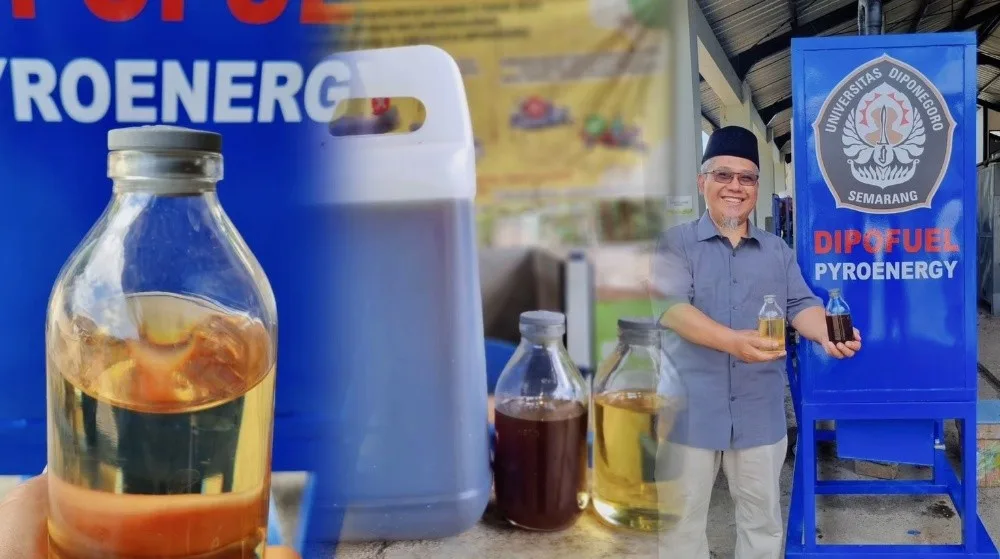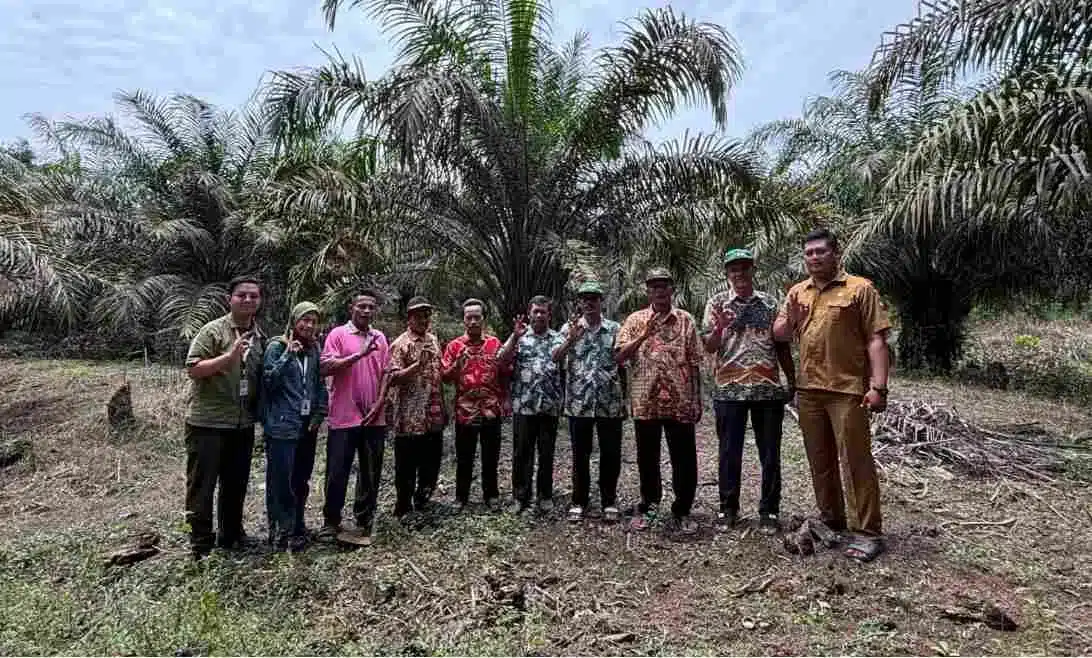UNDIP, Musi Rawas (October 31, 2025) – Team 2 of Universitas Diponegoro (UNDIP) Patriot Expedition, a collaboration between UNDIP lecturers and alumni together with the Ministry of Transmigration of the Republic of Indonesia, conducted soil sampling activities in Muara Kelingi District, Musi Rawas Regency, Sumatera Selatan Province. This activity is part of an effort to map the potential of land resources in transmigration areas, supporting the development of sustainable agriculture based on local conditions. The results of soil testing will later be used to formulate recommendations for superior crops beyond the existing commodities currently cultivated in the Musi Rawas transmigration area.
The team is led by Robetmi Jumpakita Pinem, S.AB., MBA., Ph.D., and includes multidisciplinary alumni such as Adam Patria Nusantara, S.PWK., Muhammad Nadif Rizqulloh, S.I.Kom., Nadiroh, S.P., and Rizki Dwi Setyowati, S.T. The soil sampling was conducted across 21 villages and sub-districts in Muara Kelingi, with the support of local village officials.
During the implementation, the team received direct assistance from village officials, who actively facilitated the use of field equipment, including hoes and soil sample containers. This support proved invaluable, especially for accessing cultivation areas located far from residential zones. The collaboration between the expedition team and village governments serves as a tangible example of synergy between higher education institutions and local communities in promoting participatory data collection.
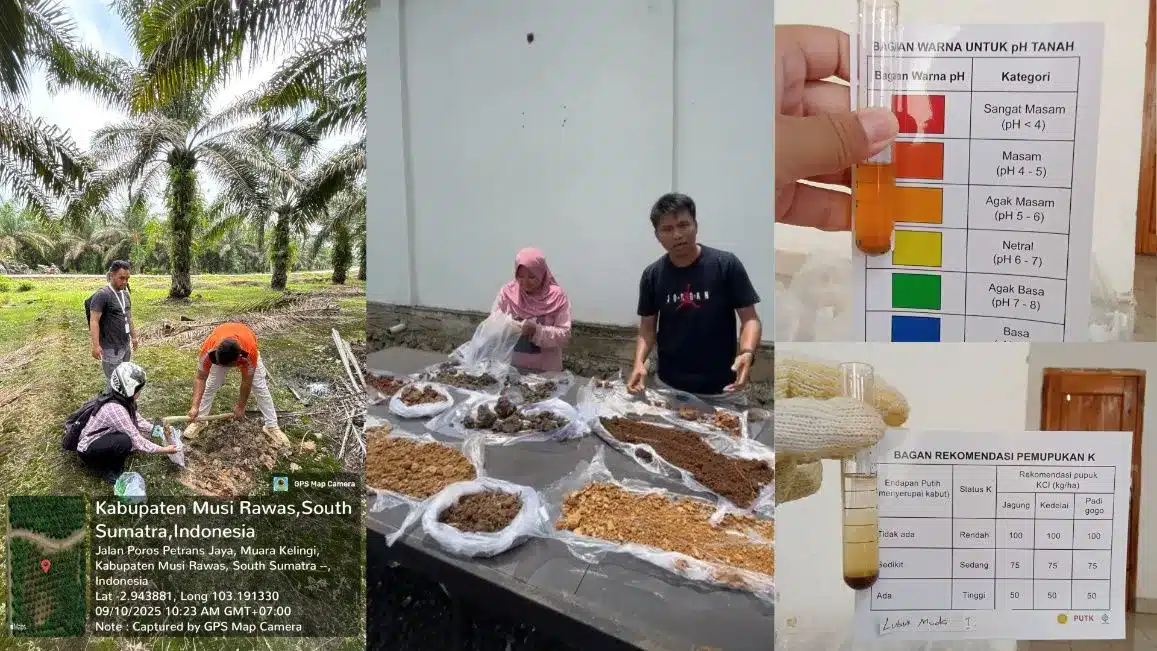
Sampling was conducted at several main cultivation sites, including oil palm plantations and rice fields, where residents reside. The process involved digging soil 20–30 centimeters below the surface and collecting inner soil layers representing the actual conditions of the topsoil. The collected samples were then sun-dried and subsequently analyzed on-site.
Preliminary analysis was carried out using a Dry Soil Test Kit (PUTK) by Nadiroh, S.P., an alumna of UNDIP’s Agroecotechnology undergraduate program. The testing focused on four key parameters: soil pH, phosphorus (P), potassium (K), and organic carbon (C-organic) levels. Based on the results, most samples showed acidic soil conditions with relatively low nutrient content.
The acidic nature of the soil is generally attributed to high rainfall and the leaching process of essential nutrients, which commonly occurs in tropical soils, particularly in high-precipitation regions like Musi Rawas. This process causes key nutrients, such as calcium, magnesium, and potassium, to dissolve easily and be washed away, leading to reduced soil fertility.
Through this activity, the team hopes that the results of the soil analysis will serve as a basis for developing fertilization and soil fertility improvement recommendations, as well as assisting local governments and communities in determining the suitability of land for various agricultural commodities.
This soil sampling activity also aligns with Sustainable Development Goal (SDG) No. 11: Sustainable Cities and Communities. Through this initiative, the UNDIP team contributes to promoting the realization of transmigration areas that are ecologically organized, economically productive, and socially sustainable, making them part of environmentally friendly and competitive regional development. Moreover, the Muara Kelingi transmigration area can be developed more strategically and sustainably through scientific approaches that prioritize community needs and local potential. (Public Communication/UNDIP/Musi Rawas)



